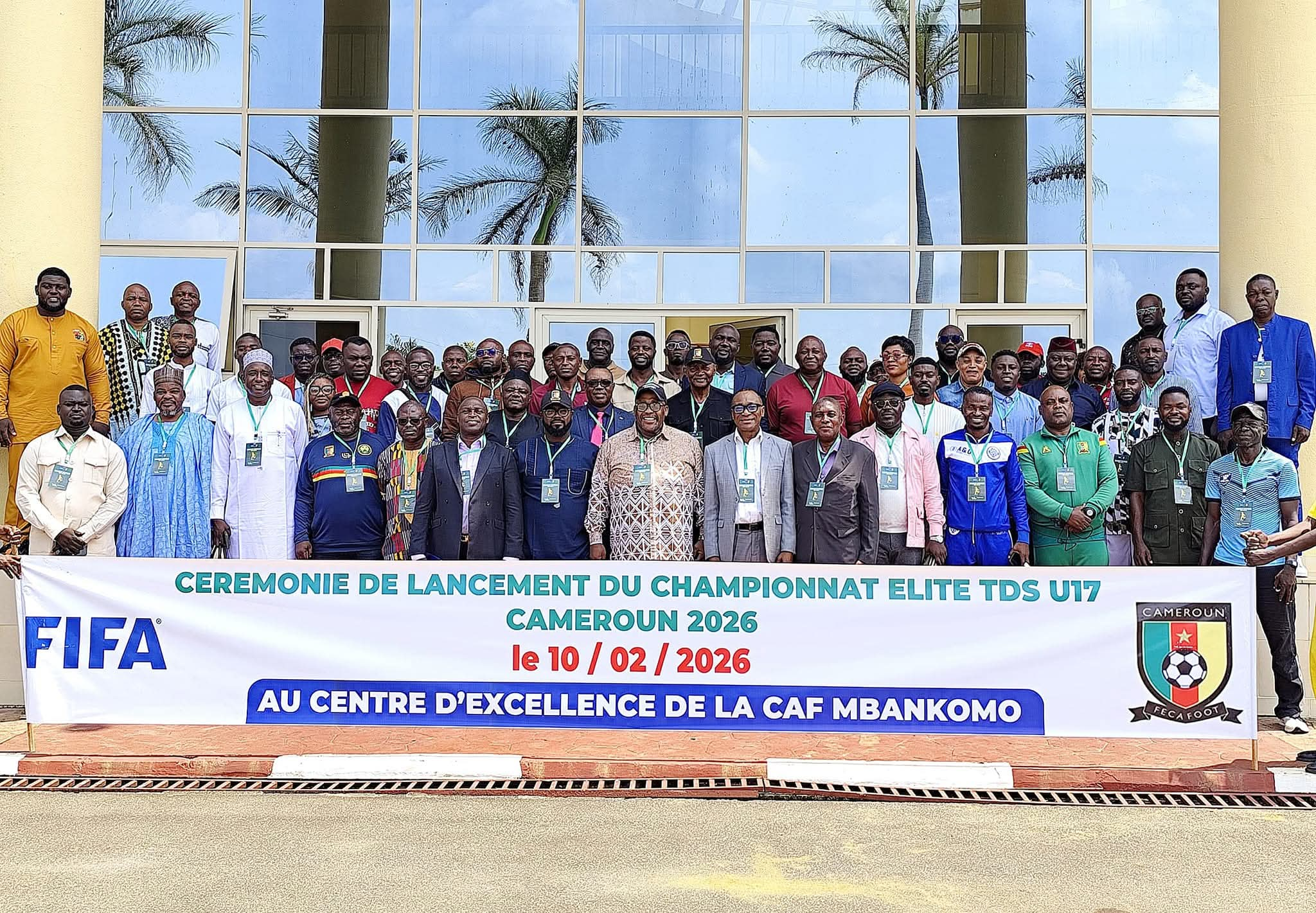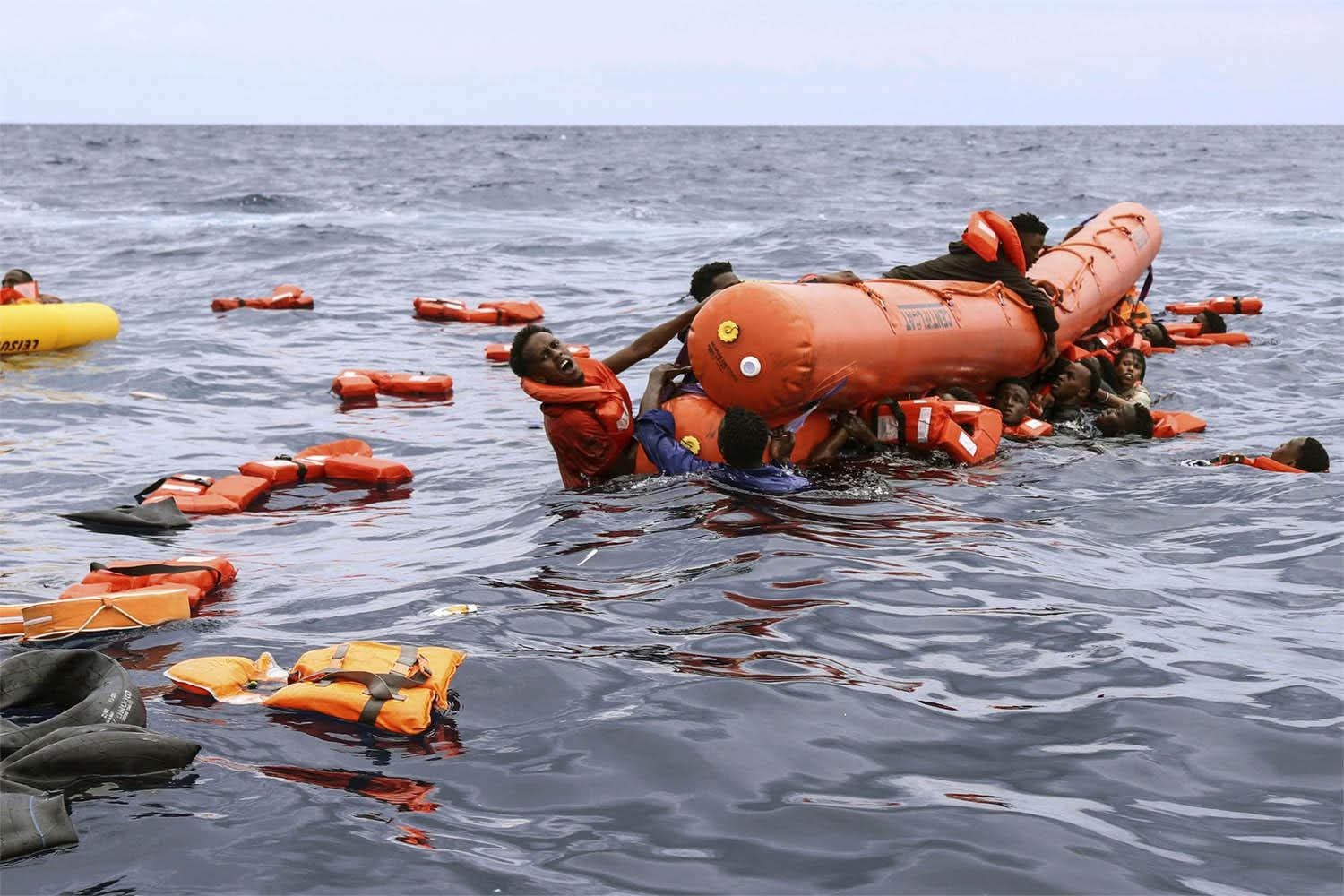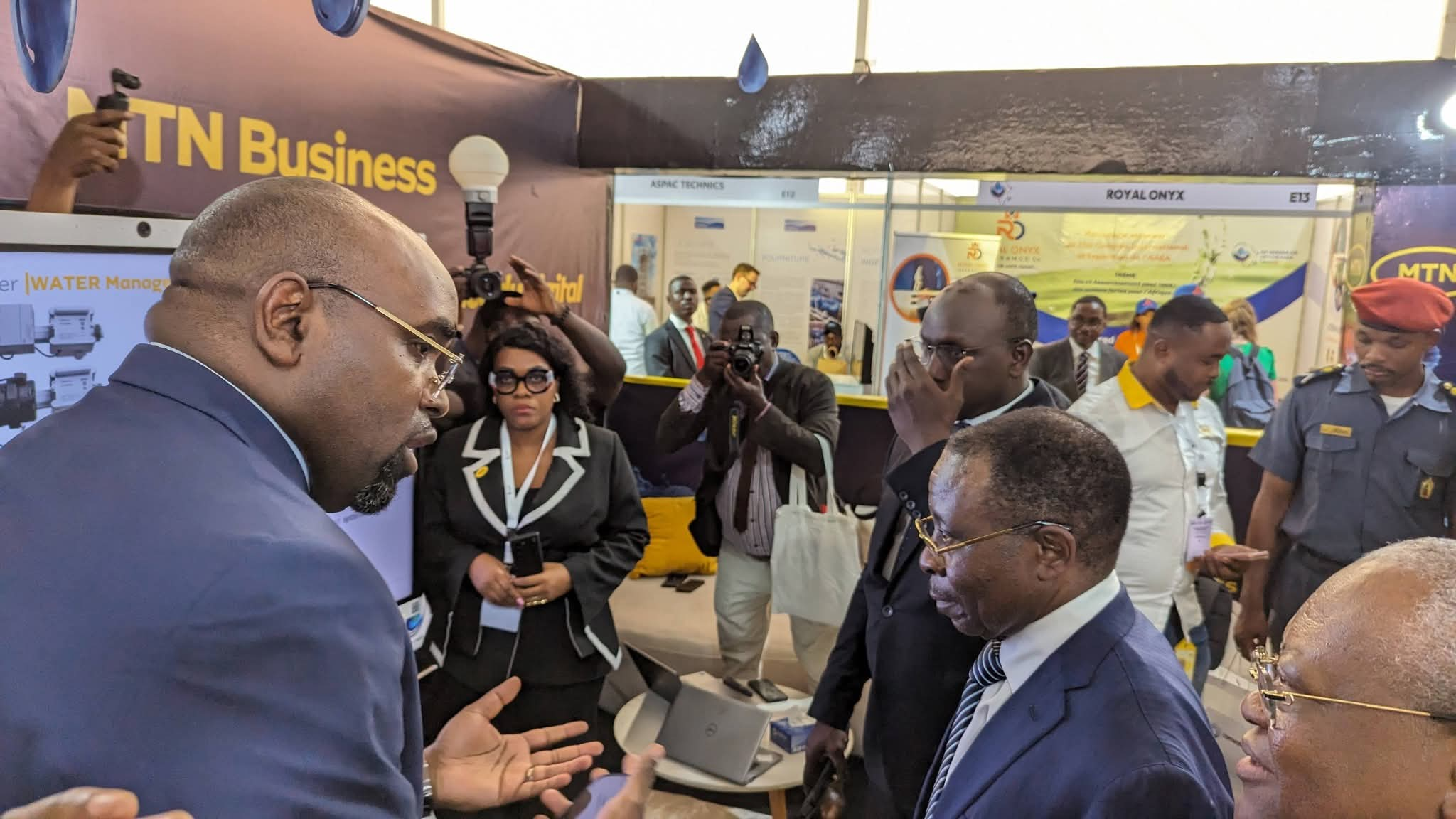A Cameroonian diplomatic source confirms that Nigeria has just appealed to the International Court of Justice in The Hague, Netherlands, to contest part of the border with Cameroon.
This comes after The president of an opposition party CRM Pr. Maurice Kamto, paid a visit to the Head of States Paul Biya , adressing a letter. The letter contained guidance and warnings on Nigeria’s intentions to conquer Bakassi. In hIs letter, he adviced the president Paul Biya to occupy the land as soon as possible by building schools, hospitals and administrative offices.
According to our source, Abuja and Yaounde do not agree on the delimitation of the border in the Rhumsiki Mountains in the Far North region, at the level of the marker 8 more precisely.
“In the case of marker 8, we have always maintained that there was an error in the coordinates of this point. And we have asked our counterparts, our Cameroonian brothers, to help us understand as in previous cases where there were errors in the coordinates given by the ICJ (International Court of Justice)”. These words were made three months ago by Adamu Adaji, the Director General of the National Boundary Commission of Nigeria, and relayed by the Nigerian press.
Clearly, the Nigerian authorities are not contesting the ICJ ruling in the Bakassi case, but rather the coordinates of Mile 8. It is this dispute that will be the subject of the debates between Nigeria and Cameroon. Even if it is feared, on the Cameroonian side, that this new dispute will give volume to the fringe of Nigerians who have always denounced the retrocession of the chain of Bakassi islets, rich in oil and gas, to Cameroon.
The Cameroonian opponent Maurice Kamto, who has long represented Cameroon in the mixed Cameroon-Nigeria commission in charge of demarcating the border after the ICJ verdict, went to deposit a letter related to this file at the Etoudi Palace, according to revelations of the pan-African magazine Young Africa. Proof that Nigeria’s decision to return to The Hague is the result of a long reflection.
The border conflict between Nigeria and Cameroon broke out in 1993. Armed clashes were even recorded in 1994 and 1996. The two countries did not agree on the borderline between Great Britain, present in Nigeria, and Germany on the Cameroonian side. The main stumbling block to this colonial route is the Bakassi peninsula. In Yaoundé, President Paul Biya favoured the judicial route. In October 2002, the ICJ ruled in favour of Cameroon.




